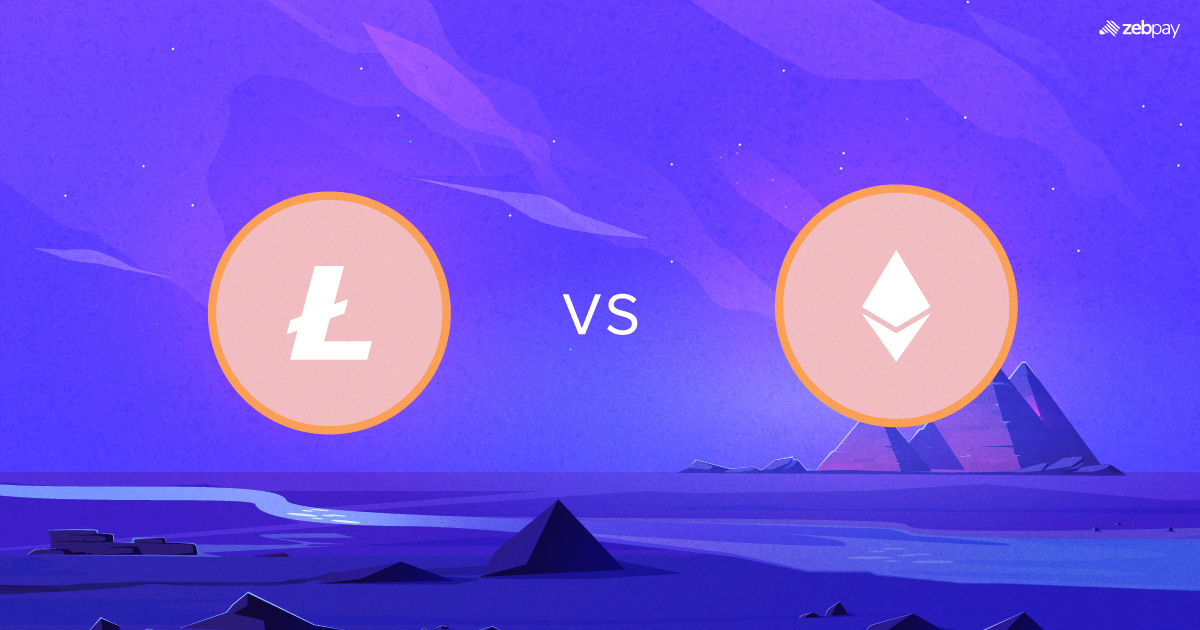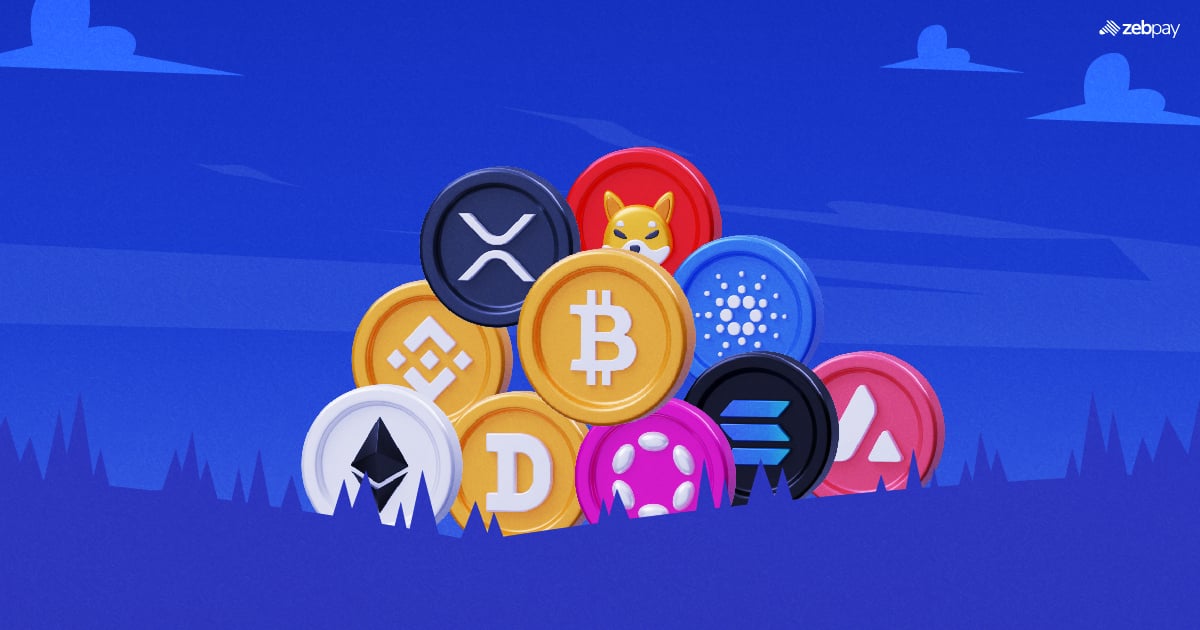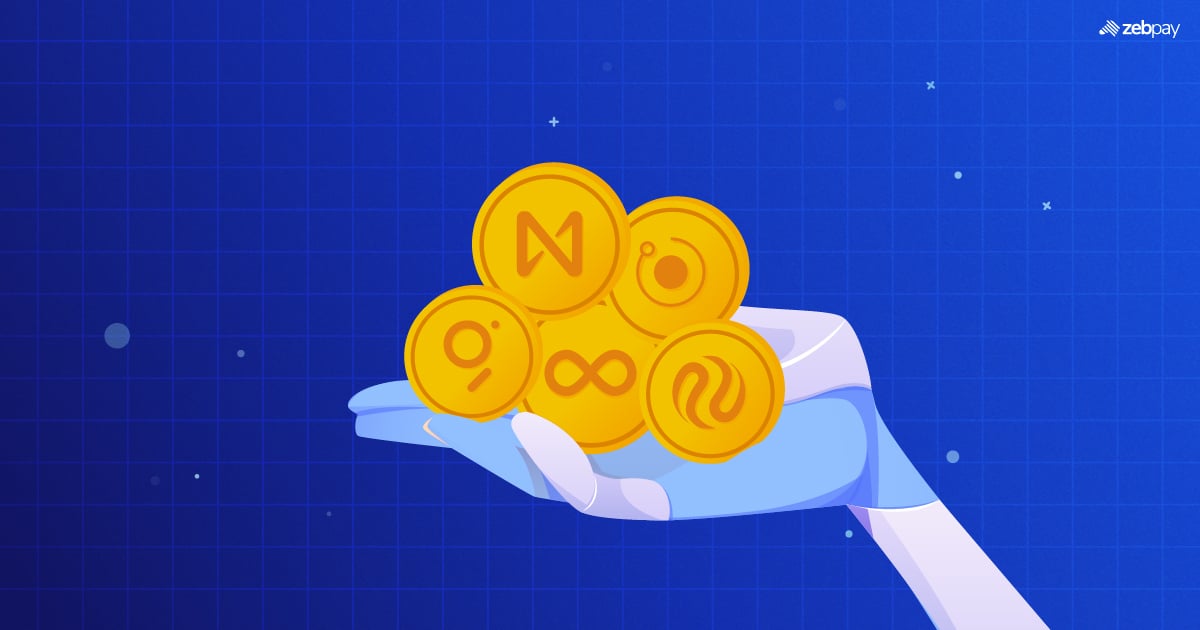Early in the history of crypto tokens, Bitcoin dominated the market and all conversations around the industry. To disrupt its position in the market, Litecoin emerged as a competitor. It tried to be Bitcoin, but better. Later down the line, Ethereum was created not to compete with Bitcoin, but to introduce new functionality to the crypto space. So what is so special about these two crypto projects and which one should you invest in?
Litecoin: What Is It?
Litecoin was founded in 2011 through a fork in the Bitcoin blockchain. Its features are similar to Bitcoins, such as being a Proof of Work blockchain mainly used for payments. Thus, it has been dubbed an “Altcoin” or an alternative to Bitcoin.
The coin does achieve its goal of being a compelling alternative to Bitcoin. Its PoW mechanism is less computing intensive. This means the process is more efficient and does not require users to spend as much on specialised mining equipment. It can also allow the mining process to be spread among more users.
In terms of transaction details, Litecoin again emerges as the winner. It has lower transaction fees and requires significantly less time to mine. It is a great starting point for those who wish to use crypto tokens for simple transactions.
Ethereum: What Is It?
Ethereum is a second-generation blockchain created in 2015. Unlike Bitcoin and Litecoin, Ethereum was formed to introduce smart contracts and dApp functionality into the crypto ecosystem. The native token of the blockchain is known as Ether or ETH.
This innovation has led to the growth of new fields such as NFTs, DeFi and the metaverse. While ETH can also be used for transactions, its main purpose is to allow these new technologies to function effectively.
Unlike most generation 1 blockchains, Ethereum uses Proof of Stake consensus to secure its network. PoS does not require any specialised hardware to run. Block creation depends on the number of tokens you “stake” on the network. This system is significantly more energy efficient than PoW and can reach higher transaction speeds.
Read more: What is Crypto Staking?
Litecoin VS Ethereum: Features
Features of Litecoin
- Scrypt-Based Proof of Work – Litecoin uses a Scrypt-based solution for hashing. While it still uses proof of work, it is much more memory dependent than CPU or GPU intensive. This means that specialised hardware is not as necessary as in Bitcoin mining.
- Cap on Total Tokens – There are 84 million Litecoin tokens. This is the maximum supply of Litecoin that can ever exist in the market. It ensures low inflation but still allows for scalability as each token can be divided into 8 decimal places.
- Lightning Network – Litecoin supports the Lightning network and can process small transactions off-chain. This increases the total transactions a blockchain can support and allows Litecoin to service more users than normal.
Features of Ethereum
- No Token Cap – There is no cap on the total supply of ETH tokens. This is because the main purpose of the blockchain is not to enable transactions but rather to enable applications built on it.
- New Functionality – Ethereum is a decentralised platform. It allows its users to create and deploy smart contracts, decentralised apps and DeFi solutions.
- Proof of Stake – Ethereum uses proof of stake to secure its network. Under this system, users must lock in or “stake” their tokens to participate in block creation. For the services provided, users receive block rewards in the form of more ETH tokens.
Litecoin VS Ethereum: Comparison
| Feature | Litecoin | Ethereum |
| Transaction Speed | Litecoin can process around 50 transactions per second on its main chain. | Ethereum can process up to 100 transactions per second on its mainnet, with much higher speeds on Layer-2 solutions. |
| Block Time | It takes almost 2.5 minutes to process blocks | It takes just 15 seconds to process blocks |
| Transaction Fees | Average of $0.04 per transaction | Can be between $0.5 and $3 per transaction |
| Year of Creation | 2011 | 2015 |
| Scarcity | Maximum of 84 million tokens | No limit on maximum tokens |
| Current Price | $52 | $1334 |
Litecoin VS Ethereum: Long Term
Many users feel Litecoin’s days of market dominance are over. While some users believe it is a compelling payment method, most think Ethereum’s newer features take the spotlight and will be more influential in the future.
As the entire world shifts to more digitisation and Web3, Ethereum is the blockchain leading the change. The platform has recently implemented the Merge, its transition from proof of work to proof of stake. This is set to increase its speed and efficiency, leading to better user outcomes.
Is it better to buy Ethereum or Litecoin? It looks like the best choice for investors right now is Ethereum. The platform is at its most important stage and a majority of the NFT and DeFi space is dependent on Ethereum. With more time and further development, Ethereum is sure to emerge at the top.
You can now buy Litecoin and Ethereum on ZebPay.







